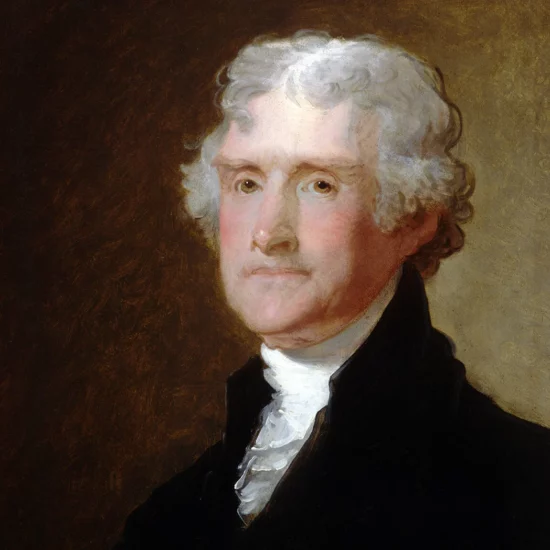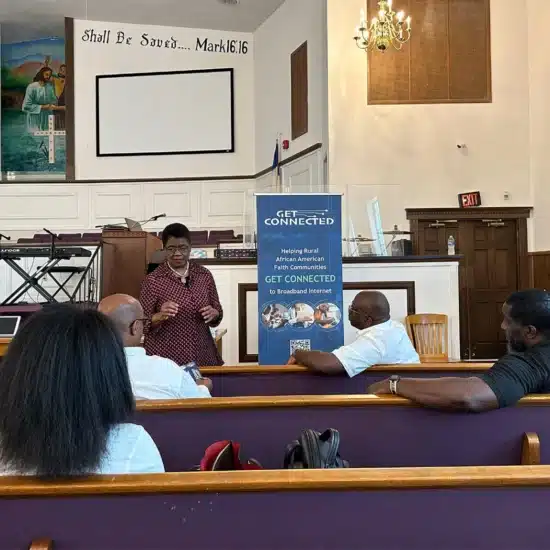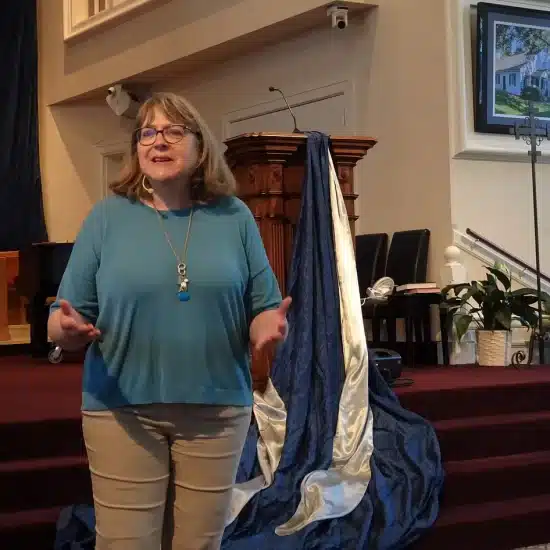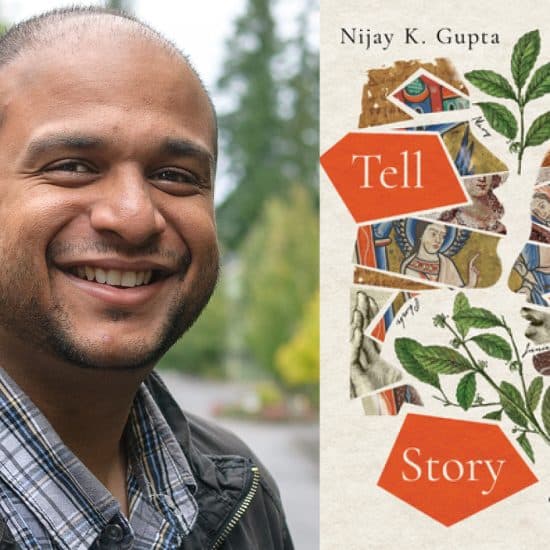Have you ever considered what your local library contains? On one hand, there is the need to have the facilities used by the maximum number of people. On the other, cultural and language needs of other segments of society whose numbers may not be as great should be considered, so that the library represents the entire community.

Ken Satterfield
|
In the same way, we can take advantage of events like Black History Month that can benefit everyone. It is a wonderful opportunity to look beyond our own experiences by reflecting on the contributions made by others, while trying to consider the experiences of those who are different than I am.
This observance began in 1915 and, since 1976, February has been officially designated by presidents each year as Black History Month. The 2015 theme is “A Century of Black Life, History, and Culture.”
Here are some practical resources you can take part in, locally and on the web.
- Hubs of information. Several sites have gathered a multitude of resources, such as the Library of Congress and other government sources (africanamericanhistorymonth.gov), Infoplease (infoplease.com/black-history-month), About.com (racerelations.about.com) and History Facts (yenoba.com).
- Visit. If you are traveling, consider taking a tour of The King Center in Atlanta (thekingcenter.org) or the Birmingham Civil Rights Institute in Alabama (bcri.org). In the Midwest, you can find the National Civil Rights Museum in Memphis (civilrightsmuseum.org ) and other local tours.
- Media. History.com has 65 sub-categories of topics related to Black History Month. These include bite-sized 3- to 5-minute videos of topics, pro-fi les and surprising facts (history.com/topics/black-history). PBS offers the Black Culture Connection (pbs.org/black-culture/home) containing topical collections, quizzes, programming, forums, and shows and films online.
- Include the children. Time magazine has a mini-site for children (timeforkids.com/minisite/black-history-month). Publisher Scholastic suggests 28 activities for the month that include games, music and recipes. Teachers may offer other activities.
- Do something. The University of Missouri’s MizzouDiversity (diversity.missouri.edu) has a downloadable schedule of film, exhibits, trivia, discussions and more. Other schedules include:
- Missouri S&T (Rolla): news.mst.edu/2015/01/attend-black-history-month-events-at-missouri-st
- St. Louis: explorestlouis.com/2015/02/02/celebrating-history-louis
- Kansas City: kclinc.org/blackhistory and blog.visitkc.com/2013/02/05/black-history-kc
- Omaha: omahalibrary.org
What about your area? It can be difficult to find information. Some locations refer to “Black History Month,” while others may use “African-American History Month.” Some events may have been added. Check Facebook pages and Twitter feeds for more current information.
Sources for local community events may include the library (lib-web.org/united-states), colleges or the area convention and visitors bureau (smartmeetings.com/cvbs). Check print and broadcast media for a calendar of events. If you are looking for particular topics such as film festivals, music or exhibits, help might be found through local arts groups and museums.
Verify that dates for the information you find are current. For example, consider state universities. In the Midwest, the University of Missouri has a vibrant diversity page and the University of Illinois Extension (urbanext.illinois.edu/bhm) lists a large number of resources. However, at press time, the University of Kansas listed 2014 events and the University of Nebraska had only a general description.
Observing this month could include a conversation, a shared meal or a joint worship service.
Ultimately, your involvement — whether during this month or another time this year — may come down to your, your family or your church’s desire to consider life in another person’s shoes.
Ken Satterfield, a former media specialist is marketing coordinator for Word & Way.






